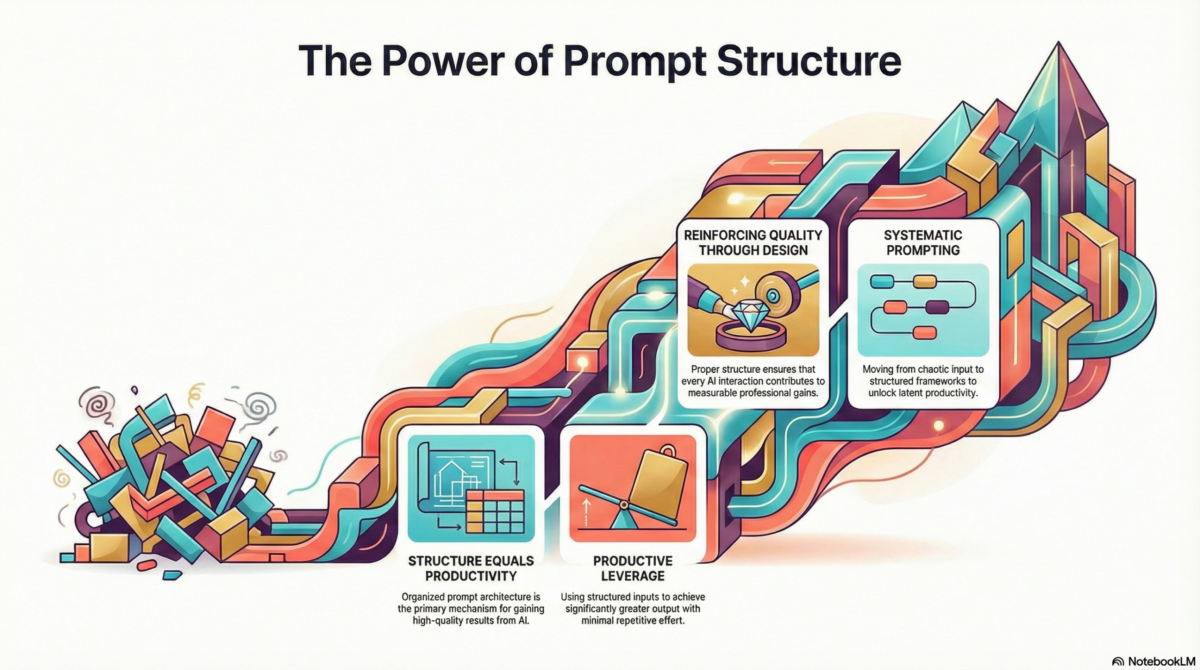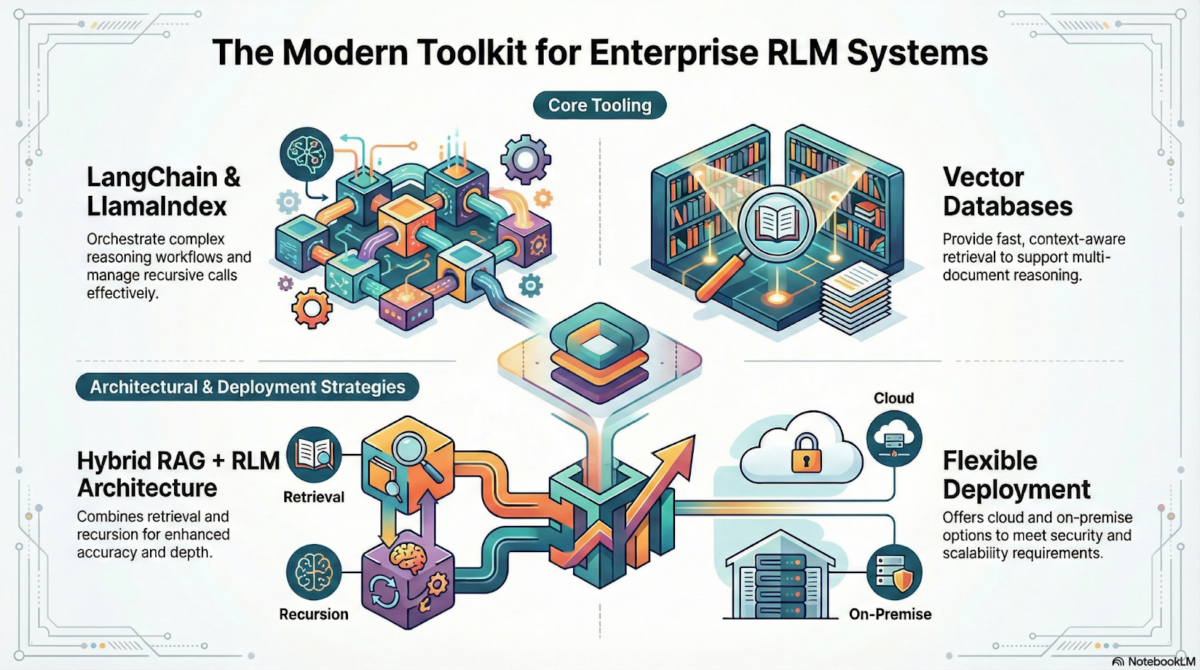You must have plans and goals in your life. These will only be achieved if you are dedicated and committed to executing your strategy accordingly. Success depends on both planning and execution. So, in the case of financial planning, it is just how to manage your income and stipend effectively. Many companies have started their financial planning to accelerate their economic growth in 2025 to achieve their measurable targets. Therefore, solid business planning is essential for business growth and to take calculated steps according to their budget.
You’ll be reading an explanation of basics and advanced techniques in building a successful and scalable financial plan to secure their growth and sustainable business functions in the competitive era.
What is financial planning?
A stipend is a document that outlines and describes an individual’s financial situation and type of financial goal. It gives detailed strategies to achieve your goals. It will lead to better utilization of your income. It will cover every kind of stipend, like house expenditures, personal stipend, family budget, rent and debt money, health needs, etc.
It will act as a leader to maximize financial income and meet future goals. It will work on a continuous monitoring and controlling system.
It is working in most of the organizations in the world to meet their financial goals.
Financial planning and analysis ( FP&A) is an operation that drives an organization’s financial tasks, plans, demand, and forecasting.
Financial planning is totally opposite to asset management and risk calculations. It is considered the financial base of the company and includes all the financial channels the company is operating through and how it scales the business.
Investment Planning
An investment plan is necessary for an organization’s financial growth. It allocates a specific amount of profit to investments. For example, a manufacturing industry working on a type of product. As time passes, the customer’s demand changes. This will redirect the company’s work and redesign its process to meet customer requirements.
Your savings and investment amount matter the most for high gains in your life. A well-crafted and researched financial planner is what you need. Every day coming to the next is more challenging than the previous one: management skills and the amount you can spend on investment matter the most for high financial standards in the future.
How to create a financial plan?
The quality of a financial plan depends on the expertise and skills of a financial planner and the collaboration and understanding between the customer and the financial planner.
1- Your current situation
The current situation of a person matters in financial planning. What is the total income from all the resources?
2- Emergency cash
Up and down are the parts of life. So, you have to be ready for that. Put some money in your liquid accounts.
Your goal should be to save enough to cover expenses for five to six months at a minimum margin. This will be beneficial as long as you consider it.
3- Plan to minimize your debt and unimportant expenses
The faster and more effectively you can eliminate debt according to opportunity. It will empower the growth of your savings. You will be able to achieve your specific investment objectives.
Try to cut expenses whenever possible. This will add to your savings. For example, shopping for too much clothing and shoes will be unnecessary.
4- Manage Potential Risks
Your financial well-being can be affected in case of accidents, health problems, or the death of a loved one. Plan to side off some cash for the appropriate insurance coverage that will protect your financial security at such times. It will care for home, property, health, auto, disability, personal liability, and life insurance.
5- Start Investing
There is a retirement plan at work that gradually automatically deducts contributions from your income. Plan to maximize your tax-advantaged investing opportunities when your income allows.
Allocating any other available income to a taxable investment account that can add to your net worth in the future is mandatory. Your investment plan must carefully consider your investment risk tolerance and future income needs.
6- Estate Plan
Suitable arrangements and income management pave the way for an estate plan. The details will depend on your stage in life and current situation, such as marital status and income sources, and whether they are continuous or contractual. A professional planner strategizes toward an optimum estate plan to secure your financial future.
7- Continuous monitoring and controlling system
Take a close look at your plan at least monthly on your own or with a financial professional. Ensure that everything is going according to plan. Close monitoring helps you take corrective and protective measures promptly.
Benefits of a financial plan
- It will reduce the chances of financial losses in the future.
- Secure and high living standards are achievable.
- Tension-free and smooth financial operations running process.
- It helps you achieve your long-term and short-term goals and financial standards.
- It will continue to work by monitoring the progress and timely sorting out financial risk.
How much Does Financial Planning Cost?
It largely depends upon the size and scale of the business and its market share and growth rate. Mid-size businesses can obtain reasonable services from a business planner or financial manager, but companies with a scaleable rate hire a permanent consultant for their day-to-day and semi-annual or yearly financial goals. Experts can manage a company’s profile, business growth rate, financial handling, sourcing, and ultimate cashflows.
A financial planner considers the company’s financial books, tax consultation, and budgeting for resource allocation to all the departments in the business line. These calculations and forecasting assist businesses in building strong growing strategies for achieving high-end goals.
The comprehensive financial planning process in business is designed to determine how to most effectively use the company’s financial resources to support the organization’s objectives, both short—and long-range, by accurately forecasting future financial results. Financial planning processes are both analytical and informative, balancing the use of data and metrics to predict the future as well as institutional knowledge in departments and teams.
Conclusion
A financial plan is like a finance tool that works on well-researched and result-oriented strategies. Our financial planner will try to align the goals of the economic plan with the customer’s needs. Everyone likes to secure their future in terms of financial value.
The success of a plan depends entirely on two factors. One is the financial planner and analyst’s experiences and knowledge. The second is the customer’s execution of the plan accordingly. Both work coherently and should be able to understand each role for higher success.
Frequently Asked Questions
Q. What is meant by financial analysis?
Financial analysis is the performance evaluation process of an organization’s financial transactions. It can identify the success of a financial plan, timely decision-making, and future directions.
Q. What are the five components of financial analysis?
The five components are cash flow analysis, solvency analysis, market analysis, Profit analysis, and efficiency analysis. Together, they act as key performance indicators in the financial planning system.
Q. Is FP & A finance or accounting?
It is a purely finance-based process. It deals with financial plan strategies and execution for higher financial goals. Financial output drives the future based on the current situation.
Q. What does an FP&A do?
A financial planner and analyst is a trained professional who works for an elite-class individual or organization. They will prepare a detailed document for an organization’s economic plan and budget utilization, and forecast their outcomes. It will separate departments in an organization whose duty is only to maximize financial outcomes. Plan, forecast, budget, process costs and risks; all these factors are carefully considered.
Q. What is the difference between FP&A and financial analysis?
A financial analyst must create an organized strategy for budgeting, financial goals, and forecasting. A key financial performance indicator indicates the plan’s performance. The FP&A is the team leader of financial analysts. He will manage performance thoroughly and guide his team to stay on track.








